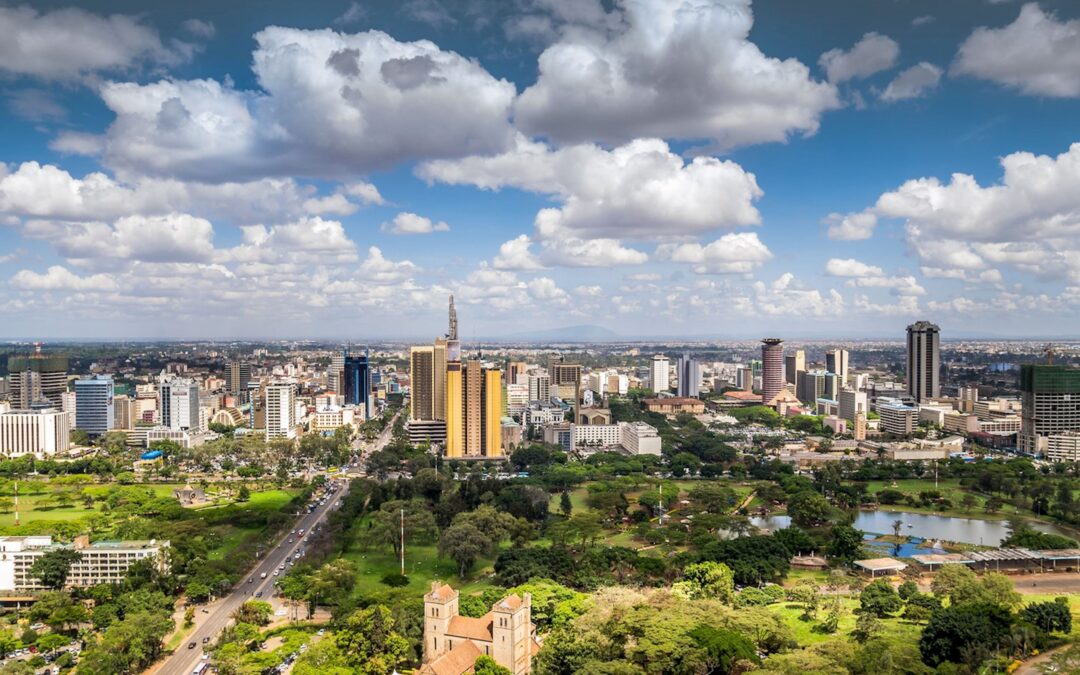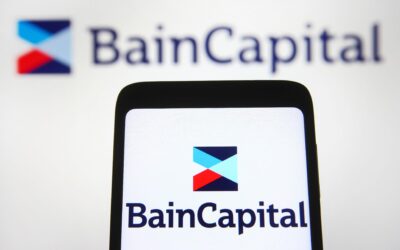The private equity industry is confident that it will be able to continue closing deals and raising the capital needed to fund businesses and infrastructure.
This comes as African companies look for funds to keep them afloat and governments pin their hopes on infrastructure to recover from the Covid-19 slump.
According to the Southern African Venture Capital and Private Equity Association (SAVCA) 2020 Private Equity Industry Survey report, released on Thursday, Covid-19 travel restrictions have caused delays in fundraising and deal origination, but alternative asset managers and investors say this will not impact future strategies.
In fact, the private equity industry is positioning itself to play a bigger role in injecting life into southern African economies.
Dinao Leruta, managing partner at impact investing company, Maia Capital, said now that commercial banks have become more restrictive in their lending, this has directed most intervention towards private markets.
“[We have to ask] what is it now that we are going to do as a collective to support this ecosystem going through this crunch,” she said.
SAVCA CEO, Tanya van Lill, said while 2020 presents challenges no industry has dealt with before, the fact that the private equity industry has remained resilient despite macroeconomic circumstances in 2019 shows that it can navigate the Covid-19 crisis.
In 2019, the industry in the southern Africa region recorded a R13.4 billion increase in funds under management, and since the survey began in 1999, the funds it manages have recorded a 9.2% compound annual growth rate.
It is a relatively small sector when one considers that South Africa alone has a savings pool in excess of R8 trillion.
However, the private equity and venture capital sectors have become increasingly important in funding development gaps in Africa.
From funding infrastructure to building affordable private schools and supporting start-ups and early-stage projects, the industry has over the years given life to businesses and projects that wouldn’t ordinarily get funding from banks.
The SAVCA survey, however, only tracks activity in the private equity industry, and not its sister sector, venture capital.
In 2019, more than a third of the private equity investments went towards infrastructure and there was a further 11% of unrealised investments at year-end earmarked for infrastructure.
Nazmeera Moola, head of SA investments at NinetyOne Asset Management, said investor interest in and opportunities to invest in infrastructure are going to be even broader because of Covid-19. She said while Covid-19 slowed down decision-making initially, since infrastructure projects are often reliant on offtake agreements from government, activity has started picking up again.
How will Covid-19 impact the sector’s fundraising ability?
These alternative asset managers have proven to be astute at raising capital, even in challenging times. In 2019, SAVCA members raised R21.7 billion, 69.5% more than in 2018. Of this, over a third – R7.7 billion – was raised from South African sources and the rest from around the world, mostly from Europe.
However, 2020 is different: The global wealth has reduced because of Covid-19 capital market crashes, raising questions on the sector’s ability to continue attracting investors into the funds and projects run by the private equity managers.
But Valerie Mosley, CEO of US-based Valmo Ventures and Global Wealth Strategist, said pension funds around the world, especially in the US, are looking for the type of impact investment opportunities and alternative asset classes that they can’t get in their markets.
“Where you are on this impact curve, you are much further ahead in Africa and South Africa than most people are in the United States…We are much further behind you, which means there’s a real opportunity,” said Mosley.
She said the industry would benefit from the fact that it has a low correlation to US returns and has so far delivered higher returns. “The …the expected returns, even in the face of Covid-19, for Africa, are so much higher than the developed [regions], the Middle East, Latin America, and the Caribbean,” she added.
Leruta said there is still money in the capital raising market, even in the face of Covid-19, although investors now scrutinise fund members’ experience in dealing with downturns and unfavourable economic cycles more.
Source: News24
Can’t stop reading? Read more
Blackstone and Permira draw early interest from Prosus, EQT and others for €10bn Mobile.de stake
Blackstone and Permira draw early interest from Prosus, EQT and others for €10bn Mobile.de stake...
KKR reunites with BMG to expand investments in high-value music catalogues
Bain Capital prepares Eleda IPO in Stockholm amid strong Nordic infrastructure demand Bain Capital...
Bain Capital prepares Eleda IPO in Stockholm amid strong Nordic infrastructure demand
Bain Capital prepares Eleda IPO in Stockholm amid strong Nordic infrastructure demand Bain Capital...




